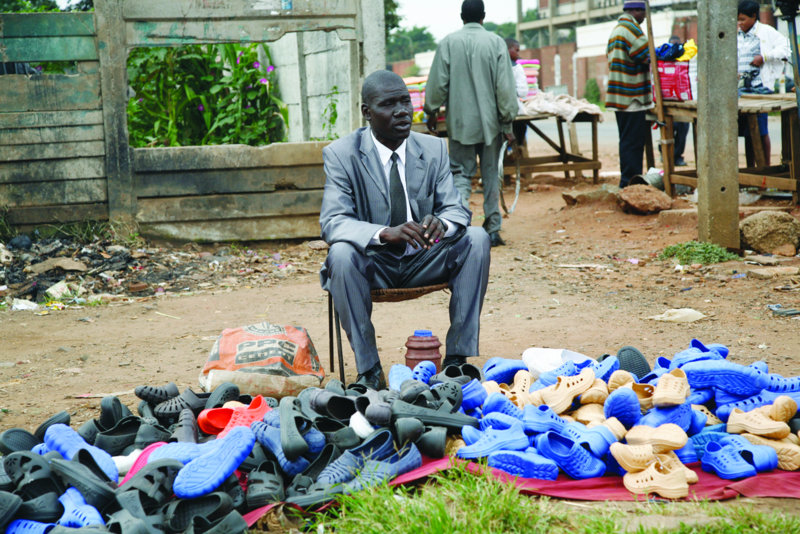
BY SILAS NKALA
AN influx of Chinese made products in Bulawayo has been blamed for the collapse of industries in the city.
This was said by the Special Economic Zones (SEZ) co-ordinator for Bulawayo province, Kholisani Moyo who told Southern Eye that the failure of the country’s rail company, the National Railways of Zimbabwe and the Bulawayo Power Company to operate at full capacity had also worsened the problem.
The Bulawayo Power Company was owned by the Bulawayo City Council.
Moyo said as a result, most of Bulawayo’s industries were now white elephants, with an estimated 80% having closed between 2008 and 2013.
“In the past, Bulawayo’s industries were successful because there was availability of electricity, and the NRZ was fully operational. We were the first city to have access to electricity and most companies that wanted to invest in Africa preferred to invest in Bulawayo due to its cheap electricity and efficient rail and road transport,” Moyo said.
“The wages in Bulawayo were also lower than those paid in Harare and it became the first choice city for investors. Business was booming, but when things changed, the NRZ collapsed and our power stations also did the same. We can no longer talk of having competitive advantage here,” he said.
Moyo said the loss of the European Union market had further worsened the status of Bulawayo.
- Chamisa under fire over US$120K donation
- Mavhunga puts DeMbare into Chibuku quarterfinals
- Pension funds bet on Cabora Bassa oilfields
- Councils defy govt fire tender directive
Keep Reading
“The NRZ problem affected several companies, among them ZiscoSteel. Nationalisation of electricity has also caused industries to scale down to 30%. The trade policies in the country have resulted in cheap goods from China flooding the market and local products have been sidelined,” he said.
Moyo said Ingwebu Breweries and Supersonic Radio Company almost closed down due to failure to adapt to new technologies. He said like most companies in Japan, Supersonic Radio Company could have transitioned and started manufacturing mobile phones.
The SEZ co-ordinator said Bulawayo’s de-industrialisation had severely affected the city’s gross domestic product as there was no production taking place, as most industries were operating as wholesalers or warehouses.
“We are now a market where foreigners dump their already produced products and this has resulted in underdevelopment,” he said.
Moyo said there was need for government to come up with a policy to revive Bulawayo’s industries, especially since the city had been considered a SEZ area, adding that the new policy should target those industries that still have good infrastructure and equipment, while several others should be re-tooled.
Follow Silas on Twitter @silasnkala











